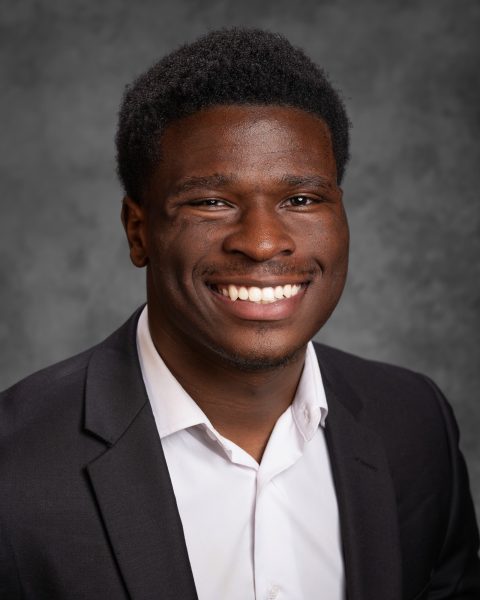Throughout the summer break, the Engage Studio underwent a series of renovations.
The renovations included the installation of new flooring, new paint, a new monitor, four desktop computers for student use, and new furniture. Veida Dima, program assistant at the Engage Studio, was present and directly involved in the renovations.
“Our renovations started at the beginning of summer,” Dima said. “So right after the [Spring] semester ended, we immediately deconstructed the room, packed everything up and they immediately started.”
Along with new installations, the renovations saw the removal of old radiators and pipes, an outdated Smartboard, and the tile flooring. Dr. Stacia Campbell , associate professor of English and director of the Wesleyan Honors Program, co-directs the Engage Studio and coordinated much of the renovation process.
“The removal of the old radiators and pipes is the biggest game-changer,” Campbell said. “It gave us over 12 inches of additional space all the way around two of our walls making the space seem significantly larger and allowing us room for workstations around the periphery of the room.”
Additionally, PUMC Room 126 was completely refurbished and is now open as part of the Engage Studio for the first time. Engage Studio co-director and instructor of speech communication, Skyla Claxton, expressed her excitement over this expansion.
“I’m most excited about 126… it’s going to be more for one-on-one work,” Claxton said. “For those students who are little hesitant to be in [PUMC 125] in a big group or maybe they really just need that special attention.”
The renovations, and the Engage Studio as a whole, have been funded by a Title III federal grant.
“I am truly blessed to see this dream of mine come true, be funded by a Title III federal grant, and offer opportunities for our amazing staff mentoring students daily,” Campbell said.
The Engage Studio’s first semester saw over 224 appointments with 94 different students.
“The idea that a student had a big smile on their face when they left a session because they felt more confident, was so rewarding,” Dima said. “It makes you want to keep doing that; so now I want even more students to come in so that I can help even more.”









![Pippin, played by Hunter Heart, leads a musical number in the second act of the musical. [Photo courtesy Kris Ikejiri]](https://therambler.org/wp-content/uploads/2025/04/Pippin-Review-1200x800.jpg)
![Harriet and Warren, played by Trinity Chenault and Trent Cole, embrace in a hug [Photo courtesy Lauren Hunt]](https://therambler.org/wp-content/uploads/2025/02/lettersfromthelibrary_01-1200x800.jpg)
![Samantha Barragan celebrates following victory in a bout. [Photo courtesy Tu Pha]](https://therambler.org/wp-content/uploads/2025/05/20250504_164435000_iOS-834x1200.jpg)





![Hunter Heart (center), the play's lead, rehearses a scene alongside other student actors. [Photo courtesy Jacob Sanchez]](https://therambler.org/wp-content/uploads/2025/04/thumbnail_IMG_8412-1200x816.jpg)
![Student actors rehearse for Pippin, Theatre Wesleyan's upcoming musical. [Photo courtesy Jacob Rivera-Sanchez]](https://therambler.org/wp-content/uploads/2025/04/Pippin-Preview-1200x739.jpg)
![[Photo courtesy Brooklyn Rowe]](https://therambler.org/wp-content/uploads/2025/05/CMYK_Shaiza_4227-1080x1200.jpg)

![Lady Rams softball wraps up weekend against Nelson Lions with a victory [6 – 1]](https://therambler.org/wp-content/uploads/2025/04/Screenshot-2025-04-04-100924-1200x647.png)
















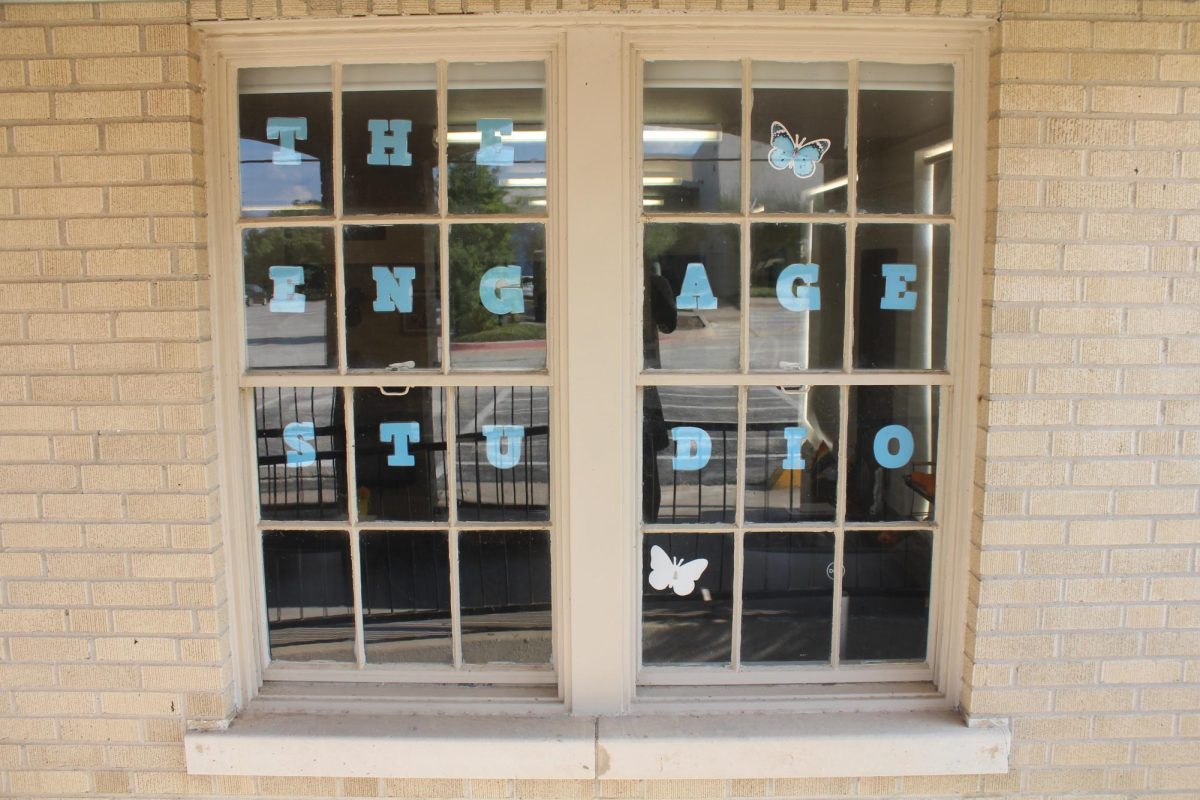
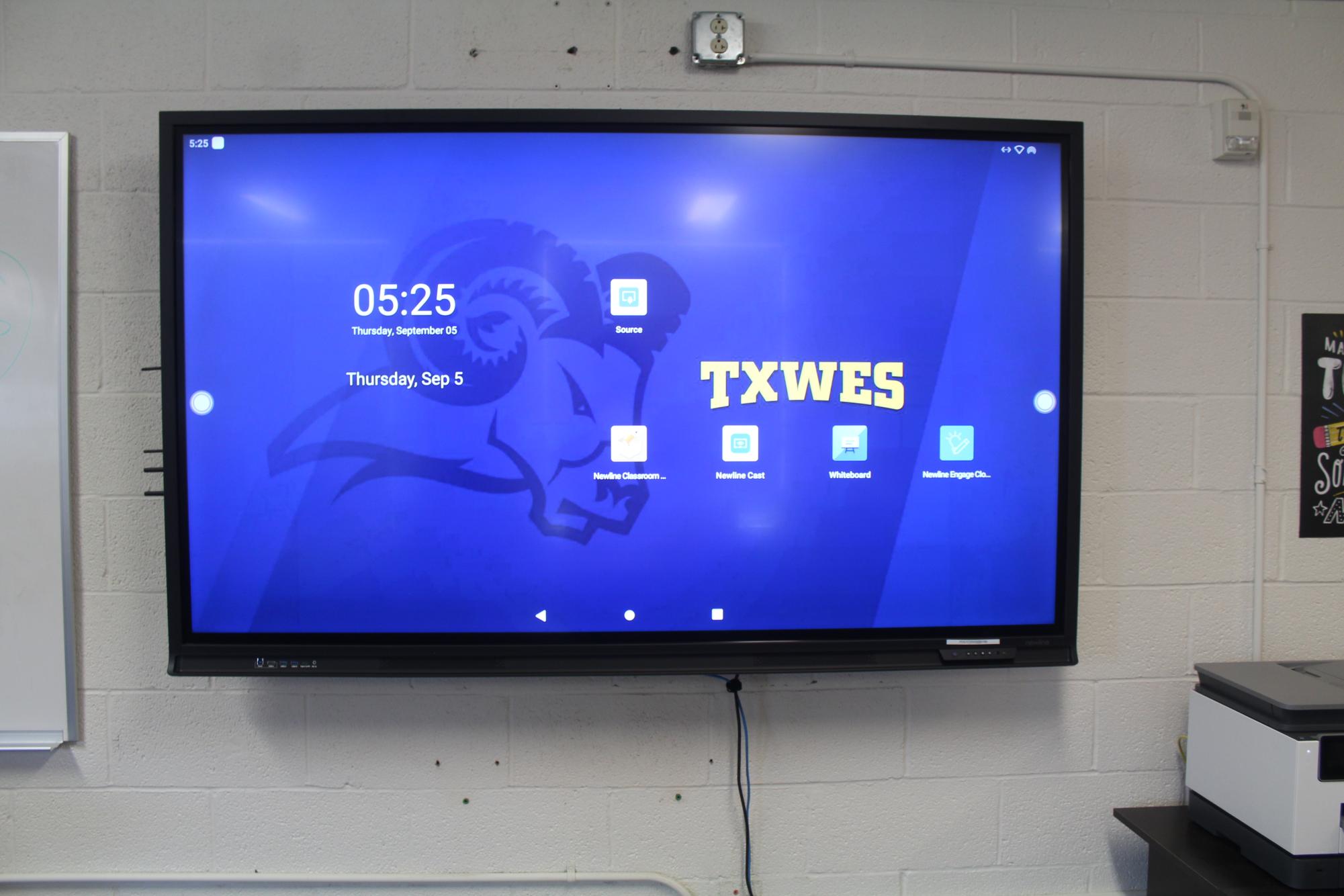
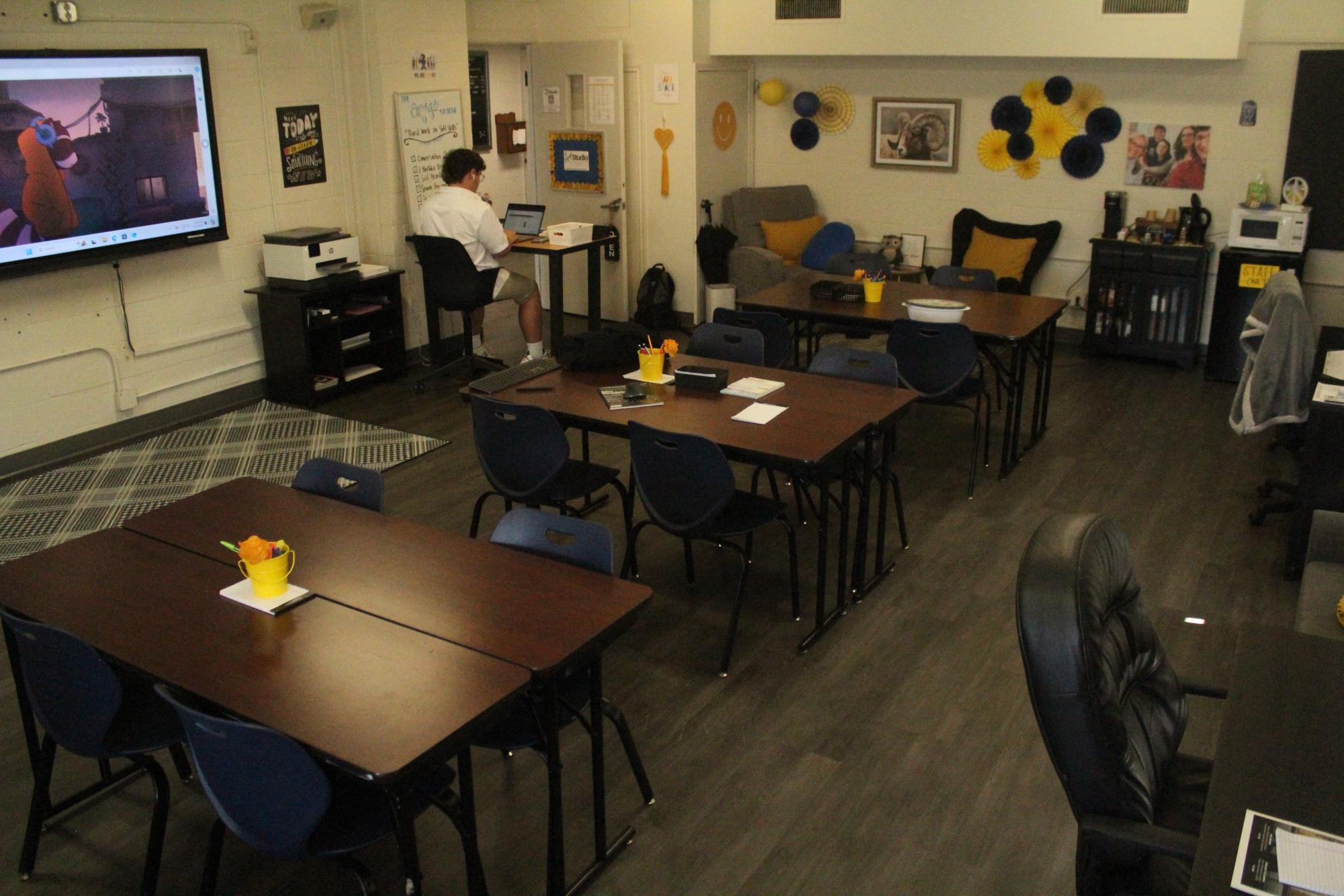
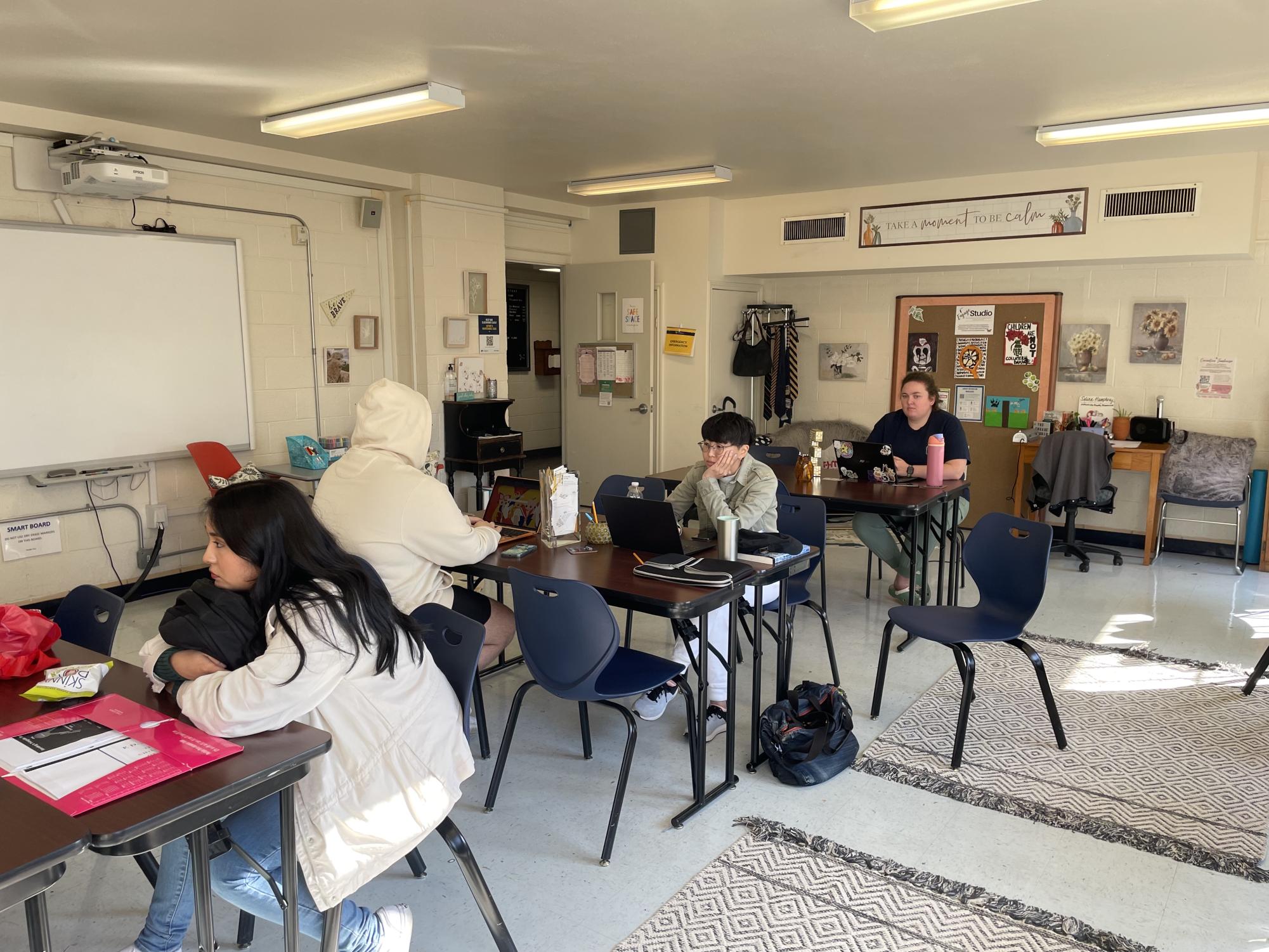
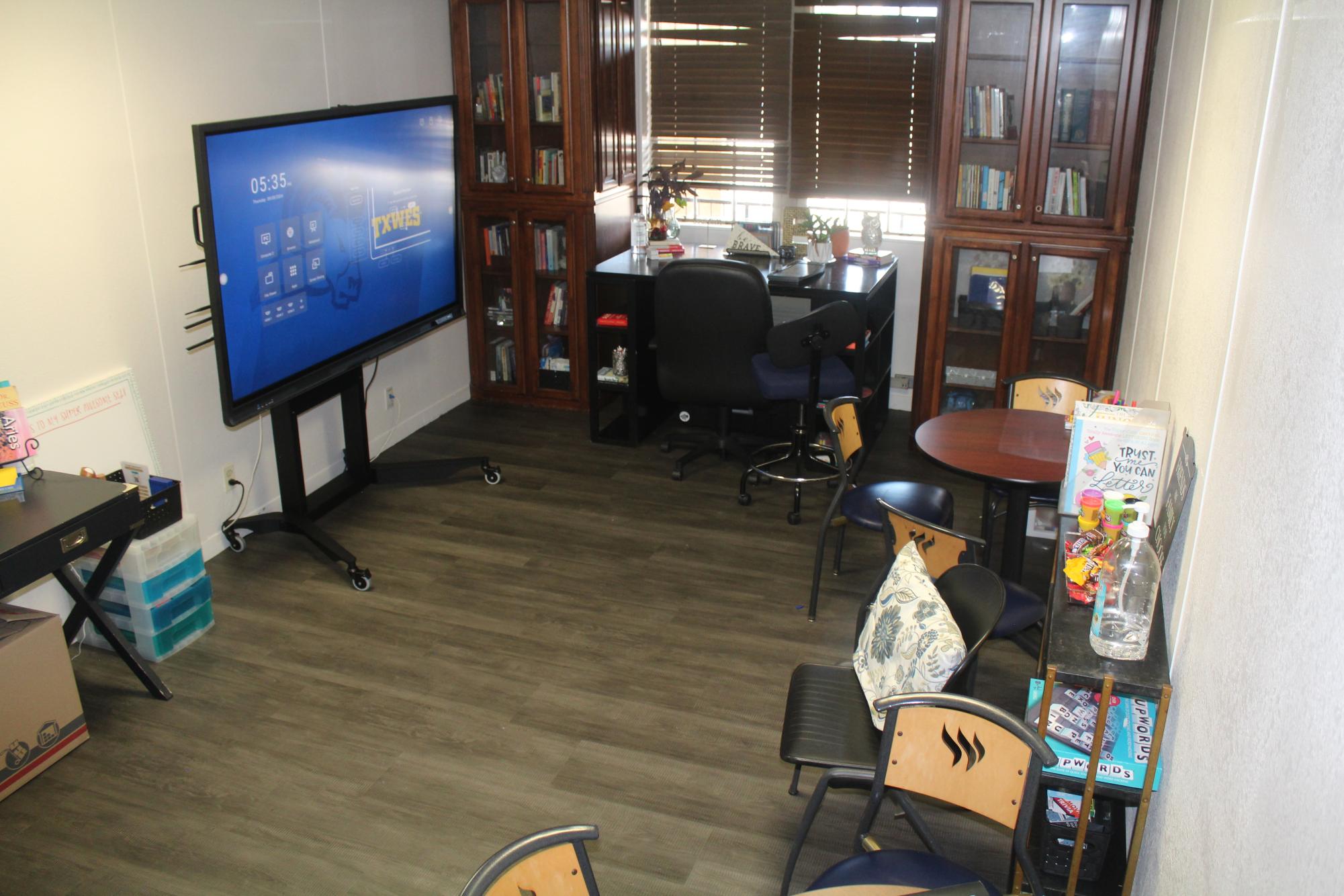
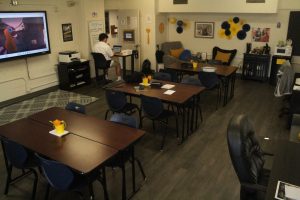
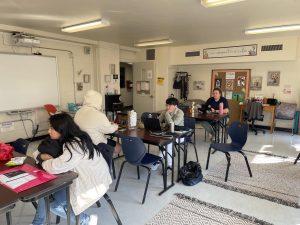
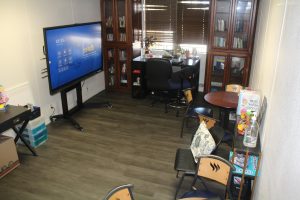
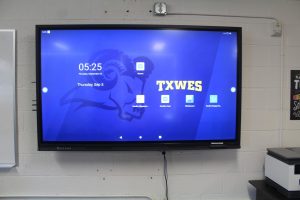
![Rambler staff pose following the Texas Intercollegiate Press Association Convention award breakfast. [Photo courtesy Dr. Jenny Dean]](https://therambler.org/wp-content/uploads/2025/04/IMG_2646-1200x900.jpeg)
